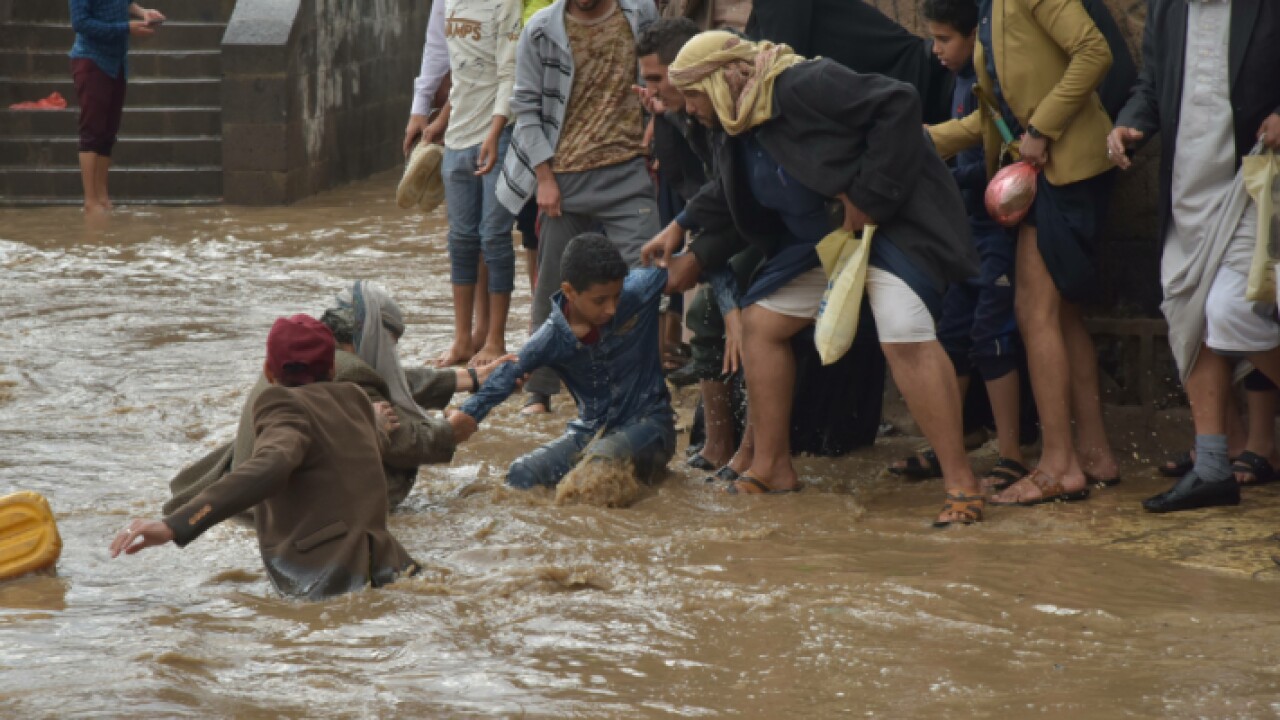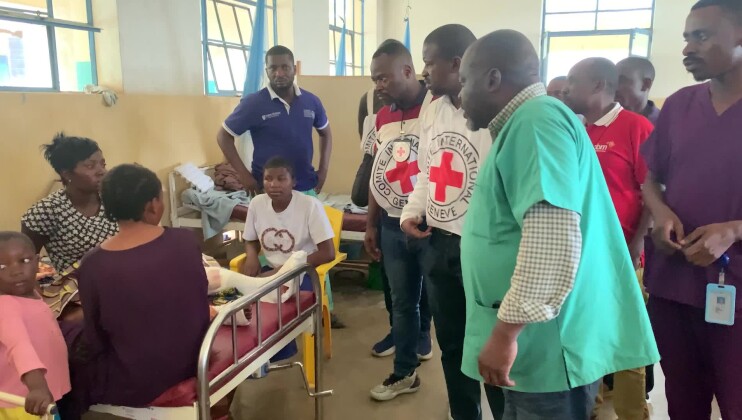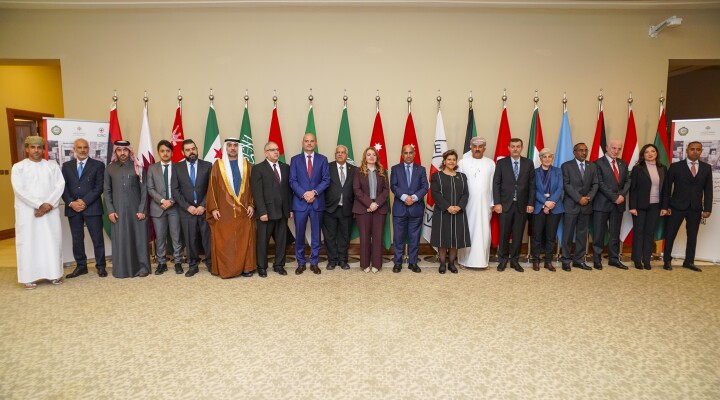Yemen: Torrential floods wreak havoc in war-stricken country
Sanaa/Aden (ICRC) - Exceptionally heavy seasonal rains and deadly floods have hit Yemen hard in recent months, killing dozens of people and affecting tens of thousands of families across the country.
The start of the rainy season in mid-April coincided with the announcement of the first COVID-19 case in the conflict-torn nation, which is already struggling to cope with ongoing fighting, a fragile and overwhelmed healthcare system, high inflation and seasonal diseases. The rainy season typically lasts until September.
"This year was the first time such torrential rains hit Aden, we are not used to such floods. Overnight my family and I found ourselves homeless and our belongings ruined. We are terrified now every time we hear an announcement that it will rain and feel paralyzed because we just can do nothing about it,” said Abu Fatima, whose house was damaged in recent flooding in Aden province.
The International Committee of the Red Cross and the Yemen Red Crescent Society have so far helped around 130,000 people who lost homes, businesses and belongings in the floods, and continues to assess the damage and needs in several places.
“The combination of coronavirus, conflict and heavy rains this year is hurting millions of Yemenis across the country, who are already reeling from years of conflict. We are taking small steps where we can to support and alleviate some of the suffering, in very difficult circumstances,” said Abdi Ismail, ICRC’s head of mission in Aden.
Sana’a City and most parts of Sana’a governorate were badly hit by flooding, and at least 64,000 people were affected when torrential rains destroyed houses and left some roads impassable in Raymah province, Marib City and surrounding areas. More than 5,130 families were affected in the northern Hajjah province.
In the southern governorates, almost 33,000 people living in displacement camps lost their tents and belongings in flash flood. Of the 4,700 households affected, 1,812 were in Aden, 1,037 in Abyan, 917 in Taiz and 770 in Lahj governorates.
In the southern city of Aden, the ICRC and the YCRS recently distributed emergency food and household items to 8000 people who were affected by floods this month.
Heavy rain and flooding have also increased the spread of seasonal and waterborne diseases like cholera, dengue fever and malaria, which continue to claim dozens of lives in Yemen.
For more information or to arrange an interview please contact:
Ruth Hetherington, ICRC Middle East spokesperson, Geneva +41 79 447 3726 rhetherington@icrc.org
Sara Alzawqari, ICRC Regional spokesperson, Beirut, +961 3 138 353 salzawqari@icrc.org
Note to editors:
1. The International Committee of the Red Cross is an independent, neutral organization ensuring humanitarian protection and assistance for victims of armed conflict and other situations of violence. It acts in response to emergencies and promotes respect for international humanitarian law and its implementation in national law.
2. The ICRC works across Yemen with offices in six cities. Among its activities last year, it provided more than 5 million people with clean water through water and sanitation programmes, assisted with food aid to more than 650,000 people last year. It supplies hospital materials and in some cases medicine to 55 hospitals, 14 dialysis centers and 26 primary healthcare clinics across the country.
3. There are 7 people in an average household in Yemen, per ICRC calculations.




